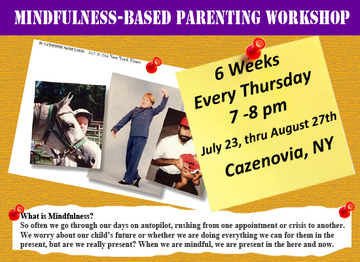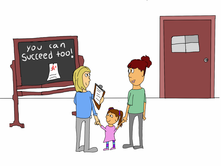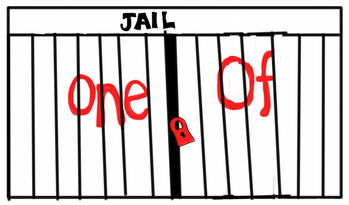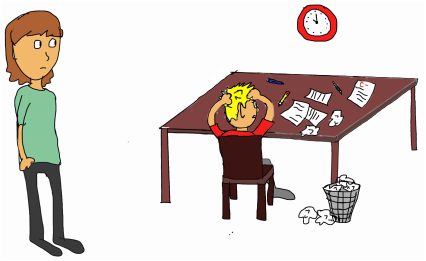|
Written by Kelli Johnson August 18, 2015 @ 9:30 am Consider for a moment how the landscape of early reading instruction would look if “sight words,” often seen in the form of Word Walls or word lists sent home for children to memorize, ceased to exist. At the risk of sounding like a heretic within the field of education, this scenario is not far from what I’d like to propose.
Specifically, I would like to see us redefine what truly qualifies as a sight word, as many traditional “sight words” that children are asked to memorize can easily be decoded when a phonics approach is applied.
3 Comments
By Dr. Regina Conti and Dr. Sheila M. Clonan July 12, 2015 at 10:26  Parenting can be stressful. And, as parents of children with special needs, we face unique challenges and stressors that can take their toll on our physical and mental health. But it doesn’t have to be so hard! Engaging in relatively simple mindfulness techniques has been shown to reduce stress, anxiety and depression in parents of children with disabilities.
Sometimes, a child is doing just well enough for teachers to not recommend him for testing. Other times, the child is tested but the weaknesses are not considered "significant enough" to warrant a label and special education supports. Finally, school staff are sometimes constrained by limited resources (i.e., time, tests, expertise) in the depth and breadth of the testing they provide in the process of making a diagnosis.
Parents are the best judge, initially, on whether or not a child needs help. As a parent, you are the first to see struggles with homework, behavior changes, and attitude changes. If you suspect that your child is having difficulty socially, behaviorally or academically, your first resource is your child's school. Before contacting your school, however, make a list of what you have noticed at home. For example, consider the following: 1. My Child Does Not Want To Go To School 2. Homework Takes Hours To Accomplish 3. My child does not seem to understand what is expected on homework and I have to re-teach concepts to help her. 4. Difficulty following directions (spoken or written). 5. My child strongly dislikes reading. 6. My child has difficulty expressing himself or mispronounces words. 7. My child has a short attention span or is easily frustrated. While the above list is fairly broad, generally as a parent, you know when something is "off." The first thing to do when you suspect your child is struggling is to contact your school's Department of Special Education and request that your child be evaluated. Schools are required to take your concerns seriously and in almost all cases, they will be very accommodating. Still, the process of special education evaluations, policies and procedures can be very overwhelming to parents. That is why, after having consulted with many parents and school districts, I have put together a Parent's Guide to Assessments and Testing in NY. To read this comprehensive free guide, just click below. Educational Solutions CNY Established to Promote Student Success Educational Solutions CNY is officially in practice. After brainstorming about an educational consulting practice for years, a group of colleagues has banded together to provide consulting services to parents, students, and educators in the Central New York region and beyond. The unique skill sets within the group will enable an A-Z approach to educational support services, such as testing and assessment, academic support and tutoring for students with special needs at all levels (kindergarten through graduate school), higher education placement, and K-12 district literacy training. |
Our place to post news and tips about us and our educational community. Please feel free to follow or comment.
Archives
October 2017
Categories
All
|
|
Our Team
|
Our Work
|
Our Information
e-mail us [email protected]
Call Us 315-320-6404
2070 Glenwood Dr
Cazenovia, NY 13035 |
Educational Solutions CNY is a coalition of educational consultants. Each consultant is practicing under their own license or business.
© 2021 Educational Solutions CNY. All Rights Reserved.





 RSS Feed
RSS Feed